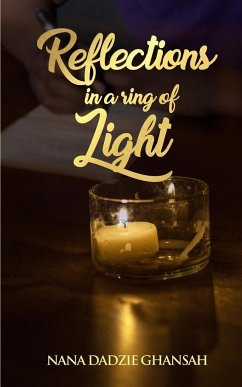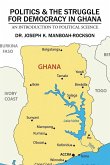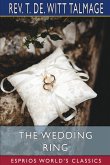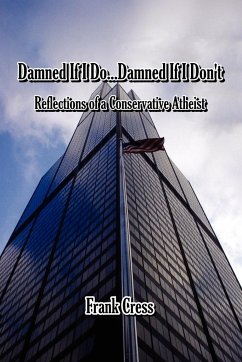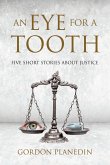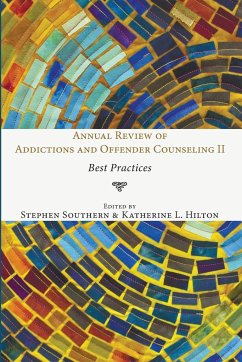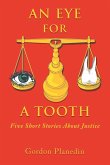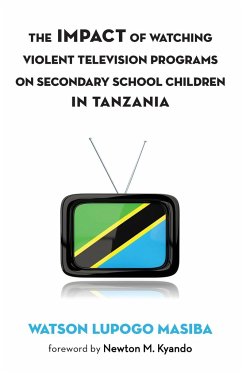Right from the Prologue where we are introduced to the 'Ring of the Light' Nana shows us that he is about to take us on a journey into epiphany. And he is unrelentless. In essay after essay, story after story, line after line, precept after precept, Nana takes us from one moment of sudden revelation into another moment of unexpected insight. We meet his grandpa, Maapa, who demanded excellence even in the most mundane of activities - sweeping the compound. But Nana's admiration of this man is buried in imagery and a simile. Maapa inspected work like "inspected it like a jeweler inspected a diamond." Attention to detail. Clearly rubbed off Nana. Thus whether his epiphanic trip takes us to Besease or Lexington through Leipzig, he shows great attention to detail. We meet his Dad from who made death look and seem welcome to Nana. Dignity in death, a lesson learned from Dad's life. So Nana walks away from the morgue where Dad's body was, convinced in one breath that Dad's deep faith had helped him deal with death. Yet with the very next intake of air, Nana concludes that "there's nothing like eternal life." "We must all die! Accept it!" he screams. We also meet Mum, to whom he wrote long letters and each of which she still keeps. It was Mum who told him the story in the essay "Do It Well" about the builder who had built several houses for a rich man. But having been hired and paid to build another house with the best material he could find, he chose, being actuated by malice, bitterness and ill-will, to use the cheapest of materials, to lay a feeble foundation with weak walls, and to install a roof that shook and windows that clattered when the wind blew. "It was his worst work." To his shock, the rich man decided to reward him with that building. "I should have built this well!" The stories that only mums can construct! In "The Unmarked Trail", easily my most favorite chapter, Nana challenges us to be curious and adventurous. Curiosity might have killed the cat, but Nana says if you seek to find and understand who you are, your place in the universe and your mission in life, then you must take that unmarked trail. Don't expect well-beaten and conspicuous paths. In "The Journey" Nana says there is great peace and harmony if each traveler treats the other as they want to be treated. I find myself asking, what happens if I treat myself like crap? Would that justify my treating others like crap? And would there be great peace and harmony then? As if he senses my confusion, he provides an answer: the journey involves clearing the path, keeping the lonely company, feeding the hungry, healing the sick, redirecting the lost, protecting the weak and helping people find their destinations. But, Nana, did you say "clearing the path?" I thought the best trails were unmarked? Or do you mean that once we take the unmarked trails, we should clear them as a path for those following? Throughout the book, you will be blown away by his sheer mastery of history and literature. He recounts several historical tales and events and backs them with his sources. He also shows his medical side in the several essays that refer to his chosen profession and the lessons he learns by simply being a doctor.
Hinweis: Dieser Artikel kann nur an eine deutsche Lieferadresse ausgeliefert werden.
Hinweis: Dieser Artikel kann nur an eine deutsche Lieferadresse ausgeliefert werden.

